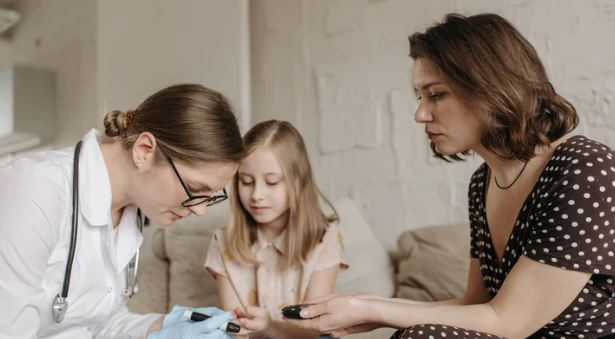
Study results: primary care access for those without a provider
We conducted a study on journey mapping of an unattached person’s access to primary care. Journey mapping is a visual engagement tool that provides a holistic picture of a person’s experience of accessing primary care, in this case.
Note: “unattached” means not having a primary care provider - a family doctor or nurse practitioner.
Study objectives
- Describe an unattached person’s primary care experience in the Frontenac, Lennox & Addington (FLA) region using the journey mapping method
- Identify challenges and barriers throughout the journey
- Explore opportunities for improvement for unattached people and for primary care delivery
Method
This qualitative study conducted in the FLA region
- included 6 interviews and 2 focus groups
- conducted with community members to elicit their primary care experience.
- Participants were passively recruited via FLA OHT social media channels, posters in the community, and snowball recruitment.
Participants
19 community members
- aged 18 to 74
- 6 male, 12 female, 1 non-binary
- Participants included Caucasian, Asian, Latin/Hispanic, Black/African, other, 2 Francophone
Study findings
Participants reported accessing primary care in the following ways:
- Virtual urgent care
- In-person walk- in
- Urgent care/ER
- 3 people did not access any primary care
Several important themes emerged through data analysis.
- The amount of time and disruption involved in seeking health care when unattached is not just a health-care concern. The experience of waiting in emergency rooms or walk-in clinics for hours often disrupts families' lives - the loss of income, productivity, and school time for kids.
- Participants expressed a real sense of hopelessness, anxiety, desperation, and fear about not having a primary care provider (PCP) and what that means for both acute issues and their long-term health.
- The costs of not having a PCP in terms of mental and emotional load and the time it takes to access fragmented non-relational care were substantial.
- Being unattached to a PCP was a real barrier to meaningful treatment. For individuals with chronic conditions or mental health issues, if they did get care at all, the lack of continuity caused ongoing health impacts
Conclusion
Research Lead, Dr. Chavlovski recognizes the importance of involving the community in co-designing our health-care system: “If we’re going to create new services, it’s essential to ask those who need the services what they want and need”.
- Journey mapping raised the question of how best to support unattached individuals until they can be attached to a primary care provider. In the meantime, it is important to support unattached individuals with alternative services, such as dietitians and diabetes educators, as well as with essential services, such as cancer screenings or sexual health testing,
- This direct feedback from unattached community members provides valuable insights to for the FLA OHT’s focus on local and system-level improvements.
- Immediate goals include leveraging digital tools, advocating for more equitable access, and empowering patients.
- There is an urgency to create more Health Homes and attach more people to primary care providers and team-based care with equity lens so that everyone has access.
Researchers
Anna Chavlovski, MD FRCPC,
Family Physician at Loyalist Family Health Team;
Chair of the FLA OHT Health Home Support Structure
Monica LaBarge, PhD, MPH, MS,
Assistant Professor and Researcher, Smith School of Business, Queen's University
This study was reviewed for ethical compliance by the Queen’s University Health Sciences and Affiliated Teaching Hospitals Research Ethics Board.
